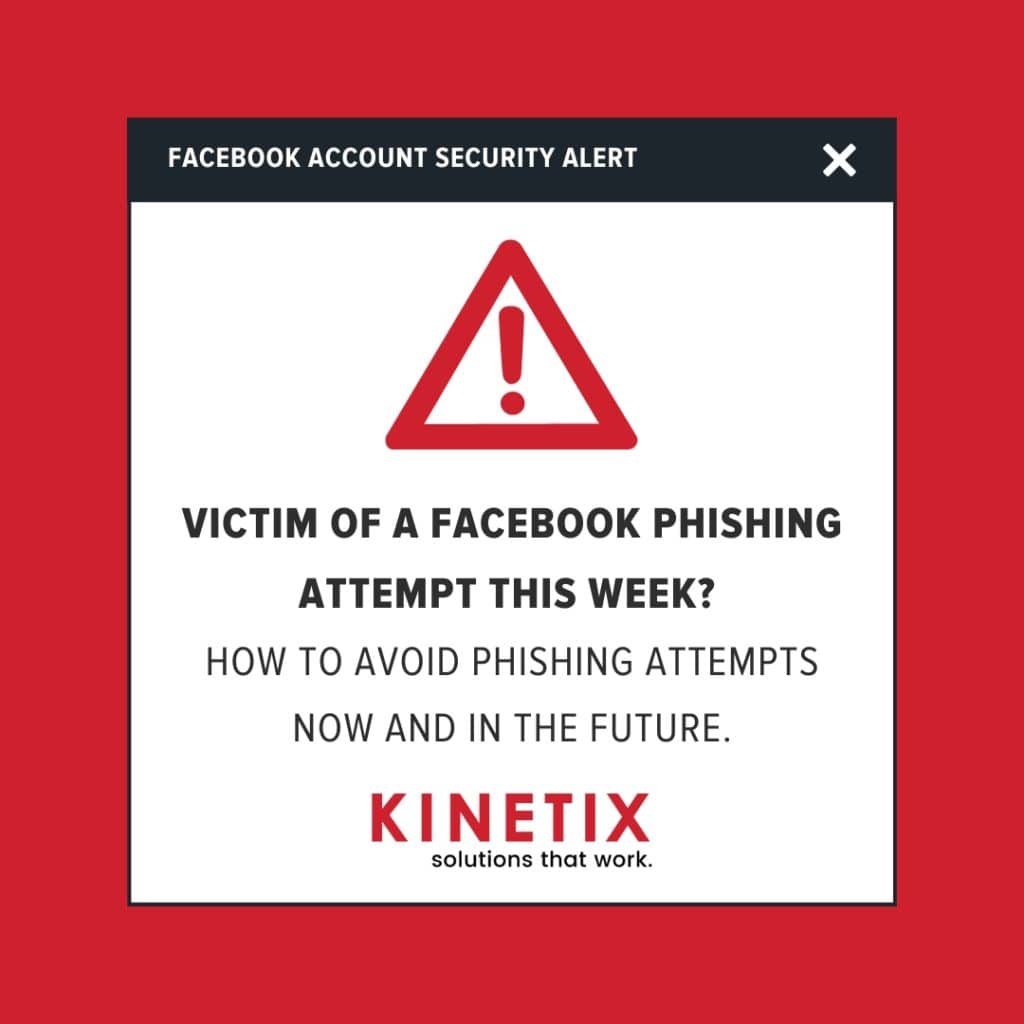Over the Holiday weekend on January 13th and 14th, 2024, a significant number of Facebook users fell victim to a surge in phishing scams. One particularly deceptive scam involved fake notifications threatening the permanent deletion of Facebook pages due to alleged trademark infringement. As responsible social media users, staying informed and taking immediate action to safeguard your account is paramount. In light of these recent events, here’s an updated guide on recognizing and avoiding phishing scams to ensure the security of your Facebook account:
Verify the Sender’s Authenticity
In the aftermath of the phishing attempts that occurred over the recent Holiday weekend, it’s crucial to be extra cautious about the authenticity of the sender. Always cross-verify messages claiming to be from Facebook or any other platform through official communication channels provided by the platform.
Learn from Recent Phishing Attempts
The recent wave of phishing scams serves as a timely reminder to be on high alert. Take note of the tactics used in these scams, such as messages threatening account deletion, and use this knowledge to recognize and avoid similar attempts in the future.
Check for Red Flags
It’s essential to scrutinize every message for red flags. Be on the lookout for grammatical errors, unusual language, or inconsistencies. Genuine notifications from Facebook are professionally written and free of errors.
Examine the URL
Pay close attention to URLs. Hover over links without clicking to inspect the actual URL. Ensure it begins with “https://” and features the official domain name (facebook.com).
Strengthen Your Account Security
Now is an opportune moment to enhance your account security. Enable two-factor authentication (2FA) to add an extra layer of protection. Facebook offers various 2FA options, including text messages, authentication apps, or security keys.
Report Suspicious Messages
If you receive a suspicious message, report it to Facebook immediately. Go to the message, click on the three dots (More), and select “Report.” This helps Facebook take appropriate action to prevent the spread of phishing scams.
Share Knowledge and Stay Informed
Given the recent events, take the opportunity to educate yourself and others about common phishing tactics. By staying informed and sharing this knowledge, you contribute to creating a safer online community.
Were you a victim of a Facebook phishing attempt this week? The recent surge in phishing attempts underscores the need for heightened awareness and proactive measures. By incorporating these tips into your online practices, you can protect your Facebook account and contribute to a secure digital environment for everyone. Stay vigilant, stay secure, and be part of the defense against phishing scams.

